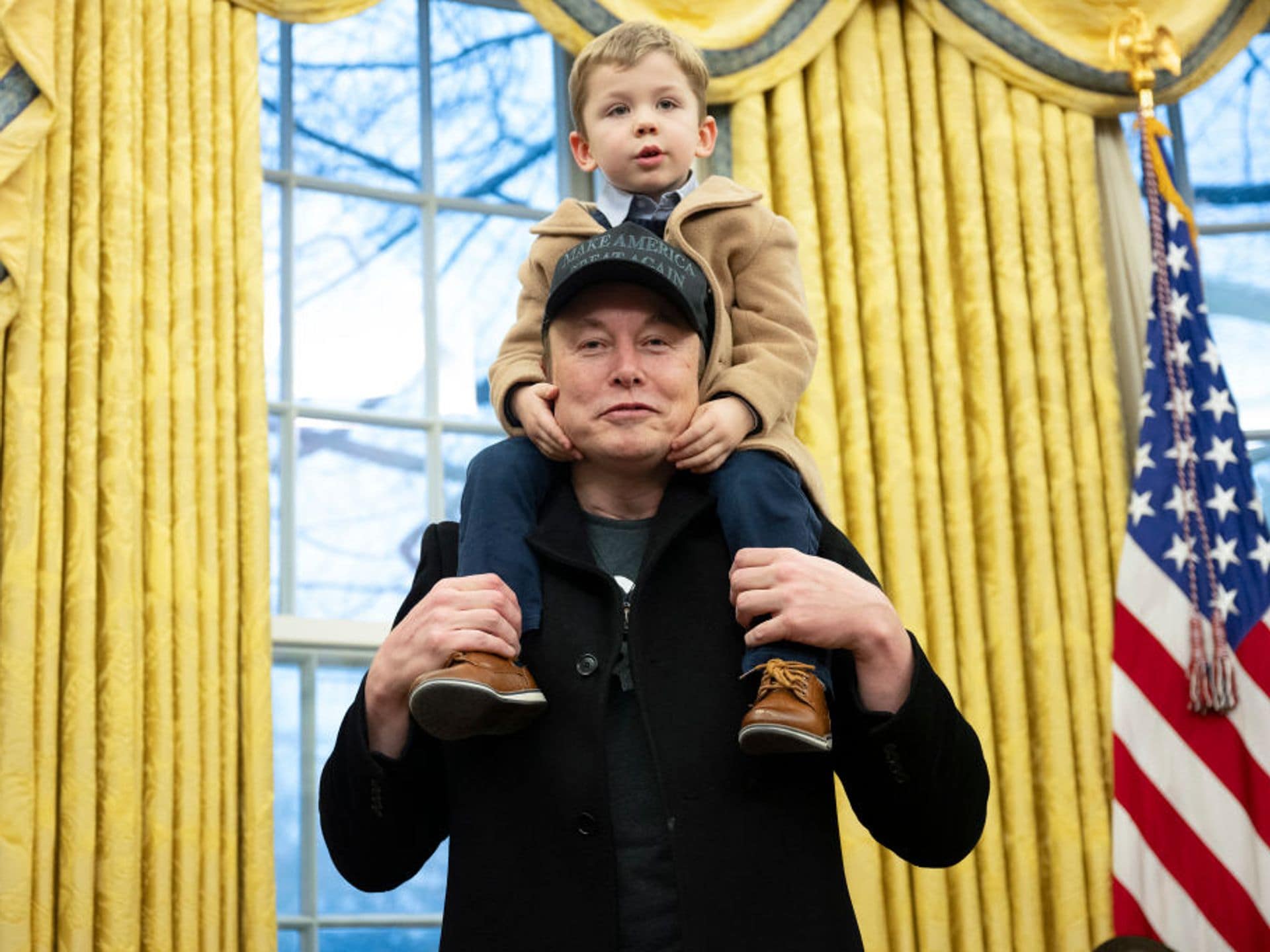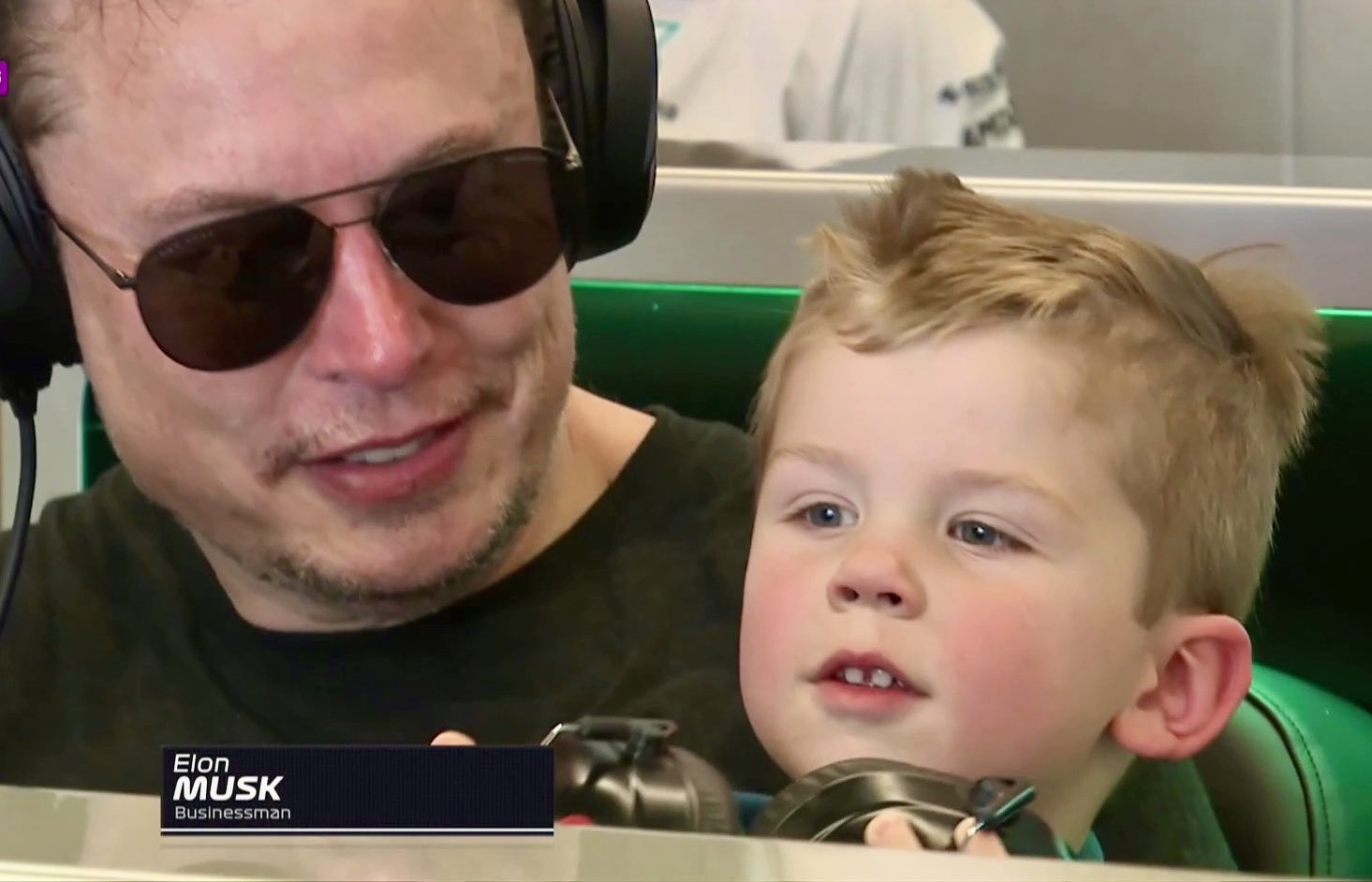
Elon Musk, renowned for his trailblazing innovations in space, electric vehicles, and artificial intelligence, is also revolutionizing another sphere—education. Known for his bold views and disruptive strategies, Musk has become a vocal advocate for reshaping the way children learn, focusing on integrating technology into the core of education from an early age.
His unconventional approach to teaching is far from traditional; it challenges the conventional boundaries of the classroom, the role of teachers, and even the very structure of education itself. One of the most captivating aspects of Musk’s educational philosophy is his firm belief that children should be exposed to technology early to foster independent thinking, creativity, and problem-solving skills.
Musk’s belief in a progressive, technology-centered education system is not just a theoretical stance but is reflected in his personal actions. In 2014, he founded a school called Ad Astra (which later evolved into Astra Nova), designed to offer a more hands-on, experiential learning environment for his own children and a select group of others.
The school does not follow the traditional grading system, nor does it administer conventional tests. Instead, it focuses on project-based learning, where students engage directly with real-world problems and use technology to solve them. This approach is rooted in Musk’s conviction that a rigid, exam-based system limits creativity and fails to nurture the skills necessary for the future.
A key component of Musk's educational philosophy is the integration of technology, and not just in the form of computers or basic digital tools. Musk believes that children should be immersed in advanced technologies early on—technologies that foster critical thinking and creativity. This belief is grounded in his own experience; he grew up with a passion for coding, video games, and technology, which he credits with shaping his problem-solving abilities and ambition.

For Musk, technology is not just a tool; it is an essential part of how children should learn. His educational model incorporates technologies such as artificial intelligence, robotics, and interactive learning platforms, with the goal of preparing students for a rapidly evolving world where innovation and adaptability are paramount.
Musk’s emphasis on technology is also evident in the way he raises his own children. In a fascinating twist, Musk has openly stated that his own children are being raised with minimal exposure to conventional educational structures. Instead, they are taught through a blend of advanced technological tools and self-directed learning.
Musk believes that this approach is not only more aligned with the demands of the future but also more conducive to fostering curiosity and independent thinking. His support for early exposure to technology and the rejection of traditional education systems reflect a fundamental belief that children should be empowered to think critically, innovate, and solve problems without being constrained by outdated educational models.
Musk’s unconventional views on education came into sharper focus when his four-year-old son, X Æ A-12, appeared alongside him at a public event. The sight of Musk’s young child at a significant gathering, sitting on his father’s shoulders while taking in a public display, sparked interest and conversation online. The public’s attention was drawn not just to the child’s presence at such an event but to the underlying implication of Musk’s approach to parenting.
Here was a man who, despite his immense wealth and success, was not adhering to conventional ideas of raising children. Instead, Musk was forging his own path, driven by his deep-rooted belief that the future of education lies in embracing technology and allowing children the freedom to explore, learn, and innovate without being confined to the traditional school system.
However, Musk’s radical take on education has generated mixed reactions. While many parents and educational experts have praised his approach, believing that it represents the future of learning, others have expressed concerns. Critics argue that the absence of traditional education structures could result in a lack of social skills, emotional development, or understanding of important societal norms.
Conventional education has long emphasized discipline, structure, and social interaction, and some fear that Musk’s model may fail to address these crucial elements of childhood development. Furthermore, the emphasis on technology and independent learning could lead to concerns about digital dependence or children missing out on the invaluable face-to-face interactions that form the foundation of emotional intelligence and empathy.
Despite the criticisms, there are those who see Musk’s vision as a much-needed disruption of an outdated system. Many experts in the fields of technology and education argue that Musk’s focus on technology and hands-on learning is precisely what the future requires. As the world becomes increasingly digitized and interconnected, the ability to navigate and master technology is more important than ever.
Musk’s approach mirrors the needs of industries like artificial intelligence, renewable energy, and space exploration, where creativity, independent thought, and problem-solving are essential. By fostering these qualities from an early age, Musk’s educational philosophy aims to prepare children for careers that may not even exist yet.

Musk’s radical educational model also reflects his broader views on freedom and decentralization. Just as he has advocated for decentralizing power in areas like energy and space exploration, Musk wants to break free from the constraints of traditional education. For Musk, education should not be a one-size-fits-all system, and it should not be confined to the four walls of a classroom or bound by age-old teaching methods.
Instead, he envisions a world where education is dynamic, fluid, and entirely driven by the needs and interests of the students. Musk’s dream is that, through technology, education can be personalized for every child, empowering them to learn at their own pace and in ways that are most relevant to their individual talents and passions.
The idea of a personalized, technology-driven education system is gaining traction worldwide. Many are now advocating for a shift away from traditional models that prioritize rote learning and standardized testing. Instead, education systems are being urged to incorporate more project-based, experiential learning that emphasizes creativity, critical thinking, and collaboration.
Musk’s vision could very well be a blueprint for the future, where education is more about solving real-world problems and less about memorizing facts. In this future, children would be encouraged to think independently, innovate, and embrace new technologies as tools for making a meaningful impact in the world.
As Musk continues to push the boundaries in other industries, his vision for the future of education remains an integral part of his broader goals. His idea of integrating advanced technology into every aspect of learning, combined with his hands-on, experimental approach, is not just about the next generation of space explorers or tech entrepreneurs.

It is about preparing children to be the leaders of tomorrow, capable of solving global challenges and pushing the limits of what is possible. Through his educational philosophy, Musk is laying the groundwork for a future where creativity, innovation, and technology are seamlessly integrated into the very fabric of education itself.
In conclusion, Elon Musk’s approach to education represents a bold step into the future. His rejection of traditional schooling methods in favor of a more progressive, technology-integrated model challenges the status quo and raises important questions about the future of learning. While his methods may not be universally accepted, they spark crucial conversations about how we can better prepare the next generation for a rapidly changing world.
Whether or not his educational experiments will become widely adopted remains to be seen, but Musk’s influence on education, like his influence on space and technology, is undeniable. As we move further into the digital age, Musk’s educational vision may become an increasingly important part of the conversation about how we equip our children for the future.
-1749803451-q80.webp)

-1751732247-q80.webp)
